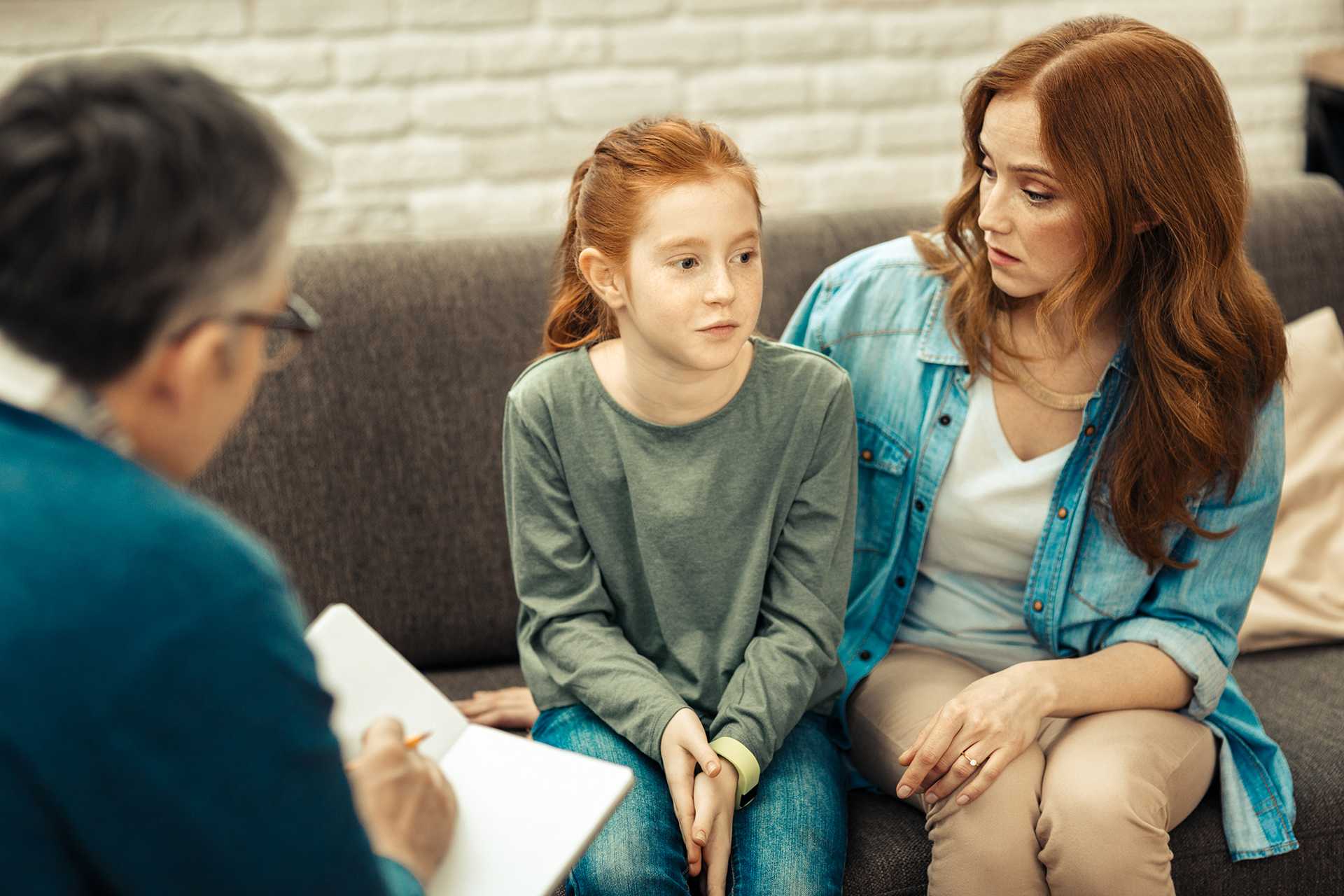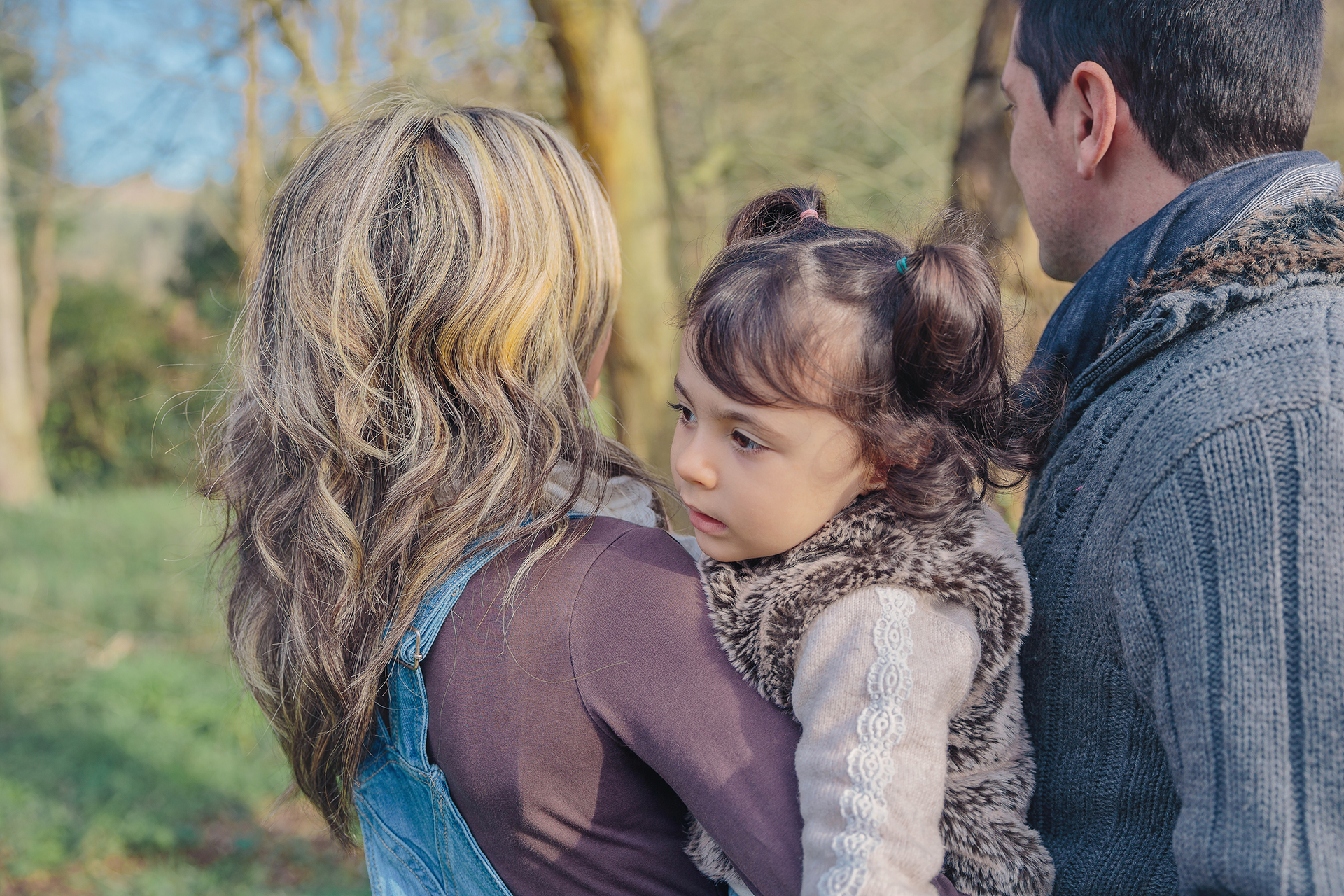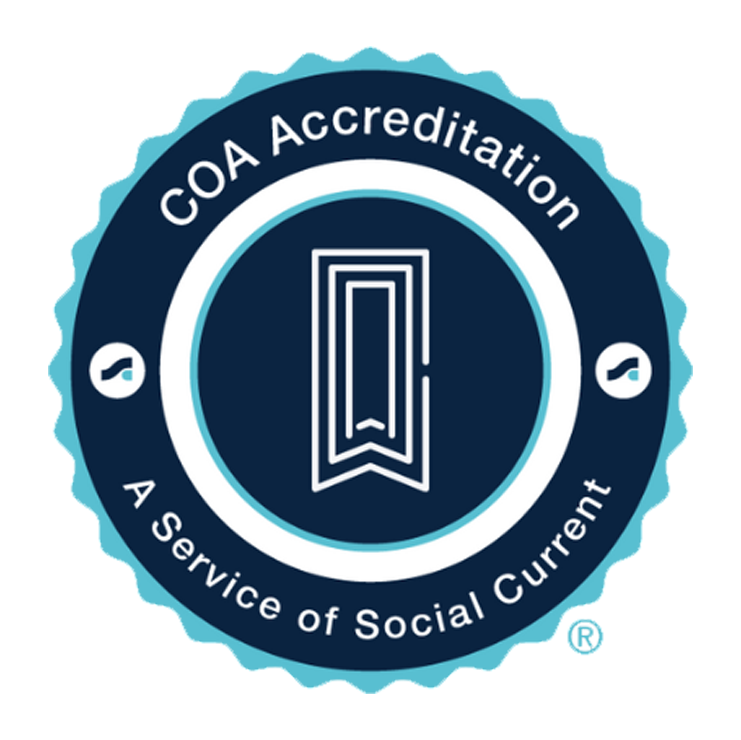Adoption is a profound and life-changing decision but it also involves a structured legal process that protects everyone involved. Whether you’re an expectant parent considering adoption or a hopeful adoptive family, understanding
the legal steps in the adoption process in Ohio can help reduce anxiety and empower informed decisions.
This guide walks you through each legal phase, offering reassurance and clarity for both birth and adoptive parents as you navigate the journey ahead.
Understanding the Concern
The legal side of adoption can feel overwhelming, especially when emotions are already high. Many parents wonder:
- What are my rights as a birth parent?
- When is the adoption final?
- What legal documents are required?
For expectant parents, it’s essential to know you have rights, time, and support before making any permanent decision. For adoptive families, legal steps can seem complicated but each phase ensures that the adoption is ethical, safe, and secure.
Understanding Ohio’s adoption laws helps both sides move forward with confidence and peace of mind.
Ohio has specific legal guidelines that structure the adoption process to ensure child safety and protect birth and adoptive families. Here are key facts you should know:
- Consent timing matters
A birth mother may legally sign adoption consent no sooner than 72 hours after birth, allowing time for recovery and reflection.
- All adoptions go through probate court
Whether through a private agency or public system, adoption finalization requires a court hearing and judge approval.
- Home studies are required
Every adoptive family must complete a home study conducted by a licensed adoption agency. This includes interviews, background checks, and home visits.
- Temporary custody comes first
Once placement occurs, adoptive parents receive temporary legal custody until the court grants the final adoption decree.
- Post-placement supervision is mandatory
In Ohio, a licensed agency must supervise the adoptive placement for at least 6 months before finalization.
- Finalization completes the legal process.
After supervision, the family attends a probate court hearing where the adoption becomes legally permanent.
Expert Insights & Facts
Common myths:
Myth: “The adoption is final once I sign the papers.”
Truth: Consent is just the beginning. Legal finalization takes several months.
Myth: “The court makes all the decisions.”
Truth:
Birth parents have the right to choose the adoptive family and participate in the planning process.
Practical Guidance & Coping Strategies
Understanding the process can help reduce stress. Here’s what to expect at each stage:
1. Pre-Placement Planning
- Birth parents receive nonjudgmental counseling and create an adoption plan
- Adoptive families begin the home study process with a licensed agency
- Both parties are informed of legal rights and timelines
2. Legal Consent and Placement
- Consent is signed no earlier than 72 hours after birth
- Placement occurs with a licensed family who has completed their home study
- Temporary custody is granted to the adoptive parents
3. Post-Placement Supervision
- A licensed social worker visits the adoptive home regularly for six months
- Reports are submitted to the court confirming the child’s well-being and adjustment
- The agency supports both birth and adoptive families during this time
4. Finalization in Probate Court
- The adoptive family files legal documents to request finalization
- A court hearing is scheduled
- A judge reviews the case and grants a final decree of adoption, completing the legal process
Throughout these steps, emotional support and legal clarity are essential. CFK works closely with both birth and adoptive families to ensure the process is smooth, informed, and centered on the child’s best interest.
Hope & Healing
Adoption is more than a legal transaction - it’s an act of trust, courage, and care. While the process may feel long, each step provides structure, protection, and peace of mind for everyone involved.
For birth parents, understanding your rights can help you feel empowered during an emotional time. For adoptive families, reaching that final court hearing often marks the beginning of a joyful, secure future with your child.
With the right support, adoption becomes not just a legal process, but a path to lasting connection and healing.
Let CFK Support Your Bonding Journey
You don’t have to navigate the legal side of adoption alone. CFK is here to guide you with clarity, compassion, and experienced support every step of the way.
Call: (330) 928-0044
Contact our team at options@cfkadopt.org
to learn how we can support your adoption journey in Ohio.
FAQs
What is the first legal step in the adoption process?
The process begins with counseling for birth parents and a home study for adoptive families, both required before placement.
When can a birth mother legally sign adoption consent in Ohio?
A birth mother can sign consent no sooner than 72 hours after birth, giving time for reflection and recovery.
Do adoptive parents need a lawyer?
Yes. Adoptive families typically work with an adoption attorney to complete paperwork and attend court for finalization.
How long does adoption finalization take in Ohio?
After placement, Ohio requires six months of post-placement supervision before a judge finalizes the adoption.
Can birth parents choose the adoptive family?
Yes. In most private adoptions, birth parents have the right to choose and meet the adoptive family if they wish.
Understanding the Legal Steps in the Adoption Process in Ohio
Recent Posts













